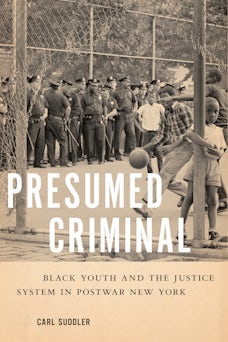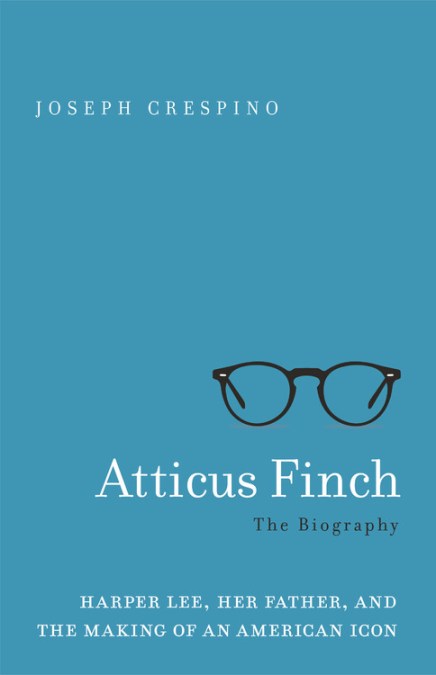
Incoming Assistant Professor of History Carl Suddler recently contributed to an article in the Atlanta Journal-Constitution, “Yusef Salaam of Central Park Five: ‘Born with a target on our backs.'” Shelia Poole wrote the piece, which centers on Yusuf Salaam, one of the so-called Central Park Five. Read the excerpt that quotes Dr. Suddler below as well as the full article.
“I think when we see these cases, especially wrongful convictions, it does kind of beg the question just how many of these cases have happened over time,” said Carl Suddler, author of “Presumed Criminal: Black Youth and the Justice System in Postwar New York” and professor of history, who will join the faculty at Emory University this fall. “In the United States, we do not have a justice system, we have a legal system. We have a system that followed the letter of the law, not necessarily fairness.”

